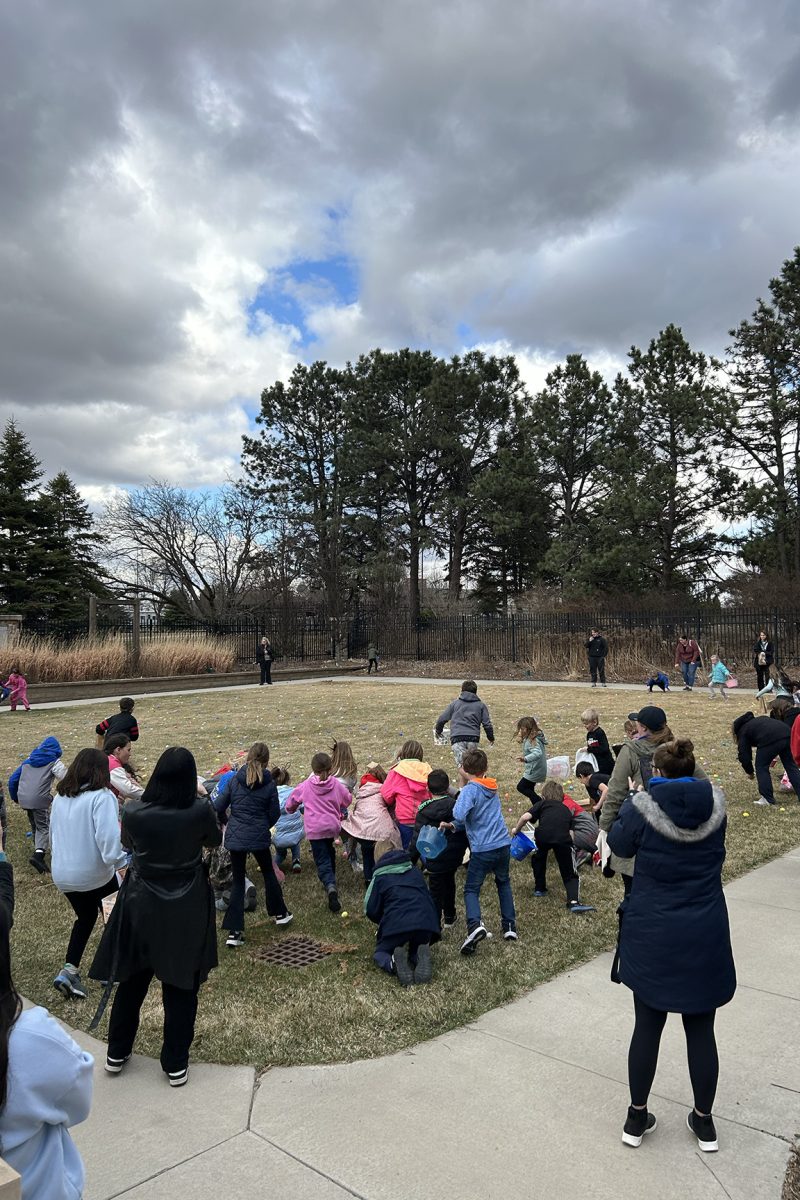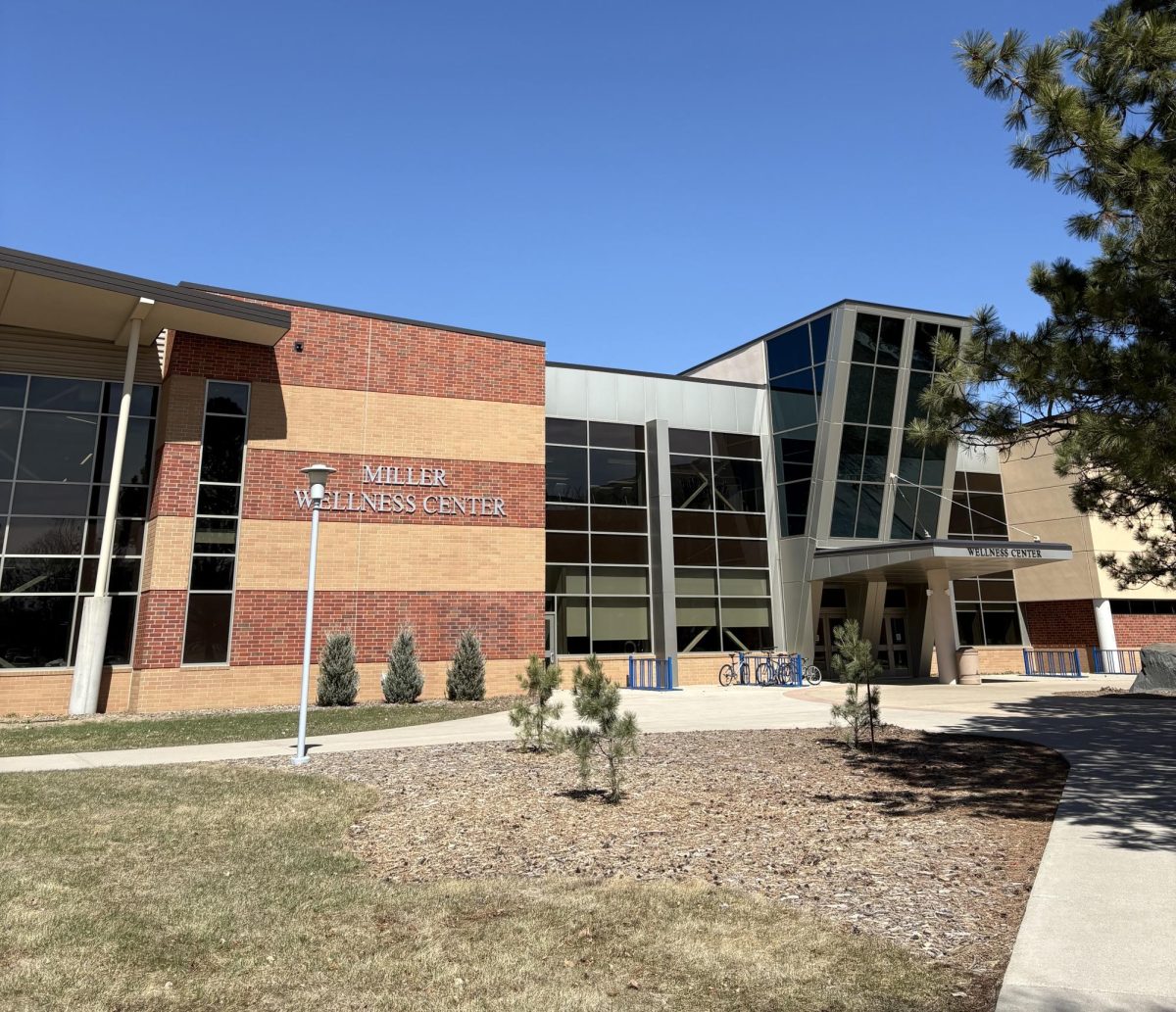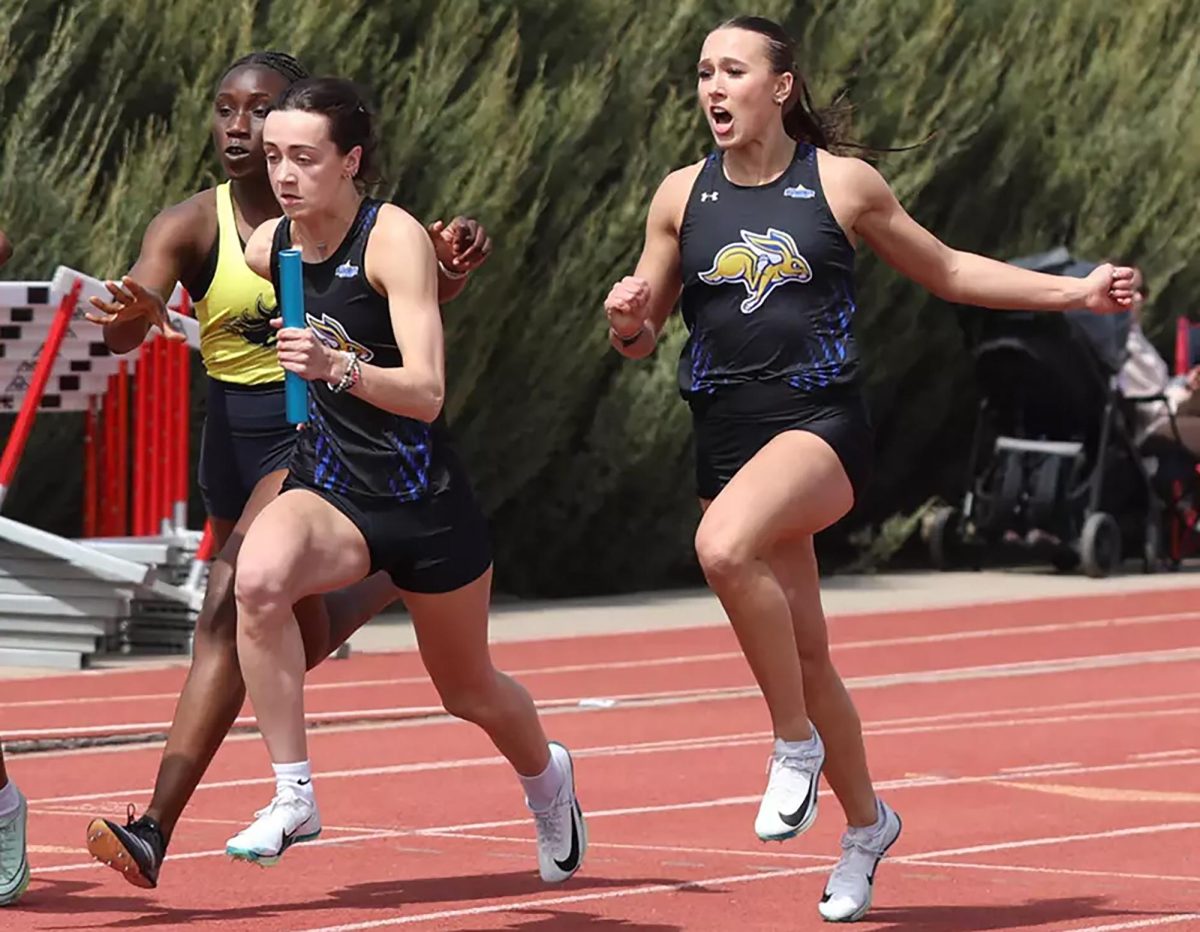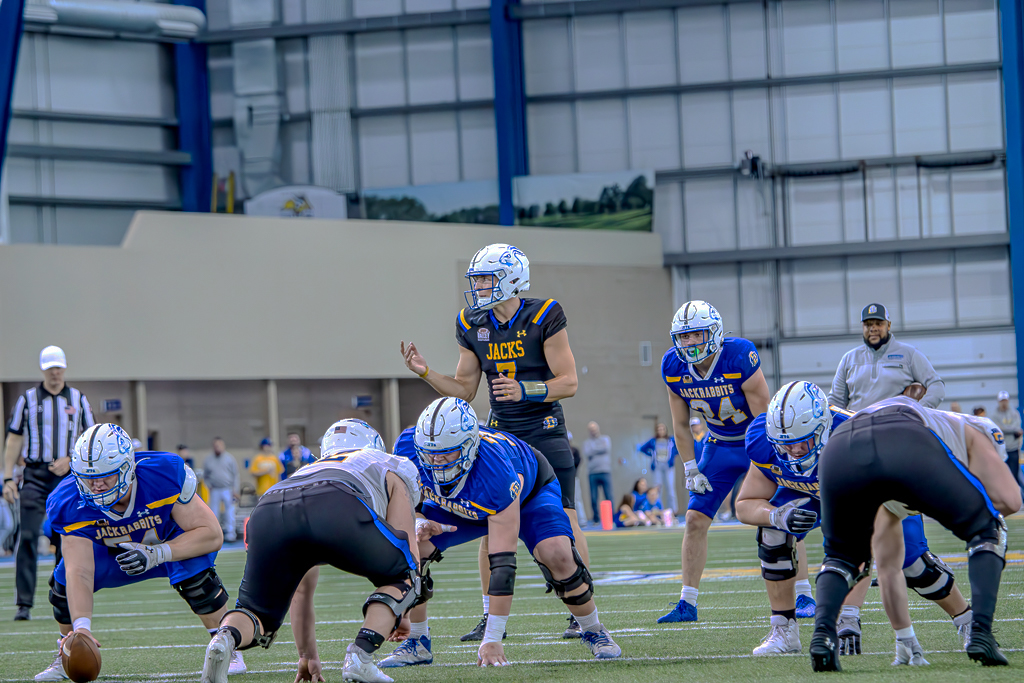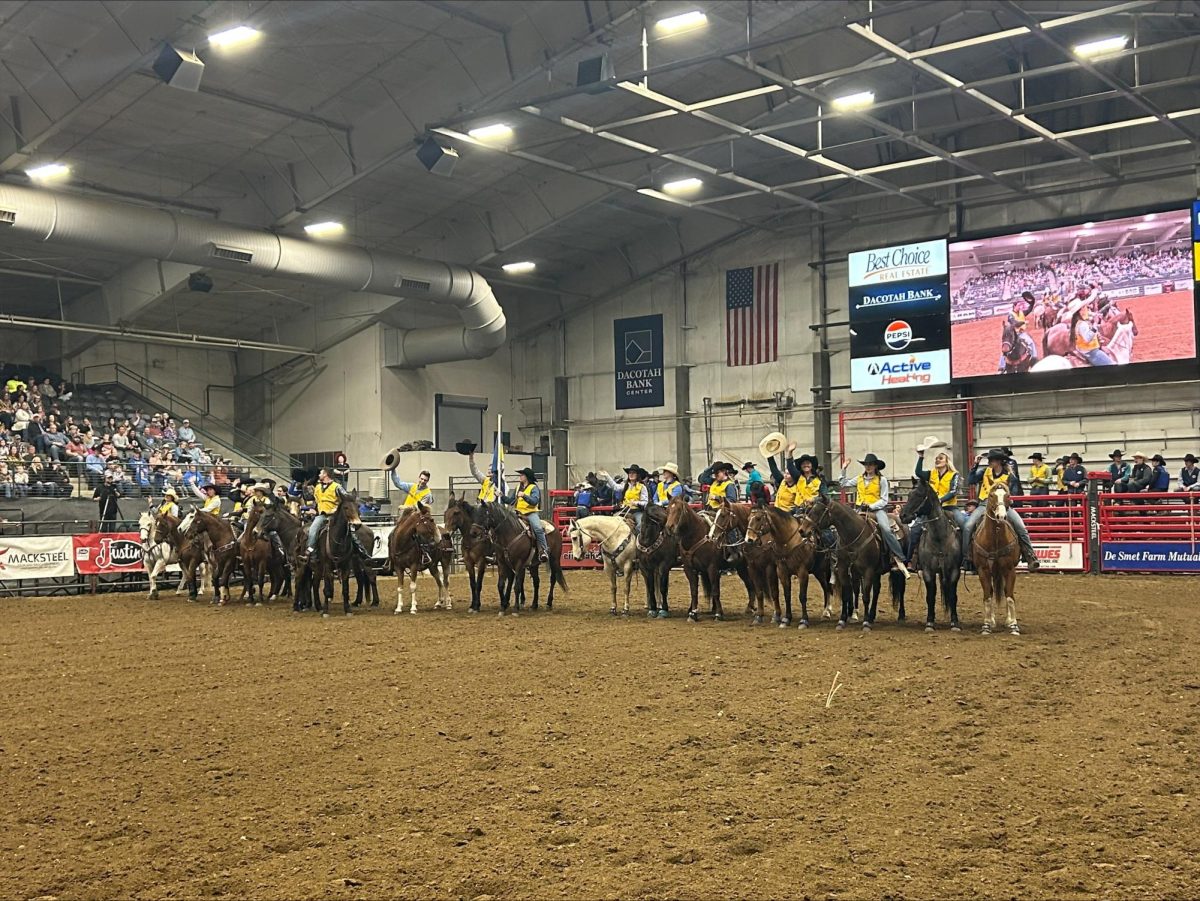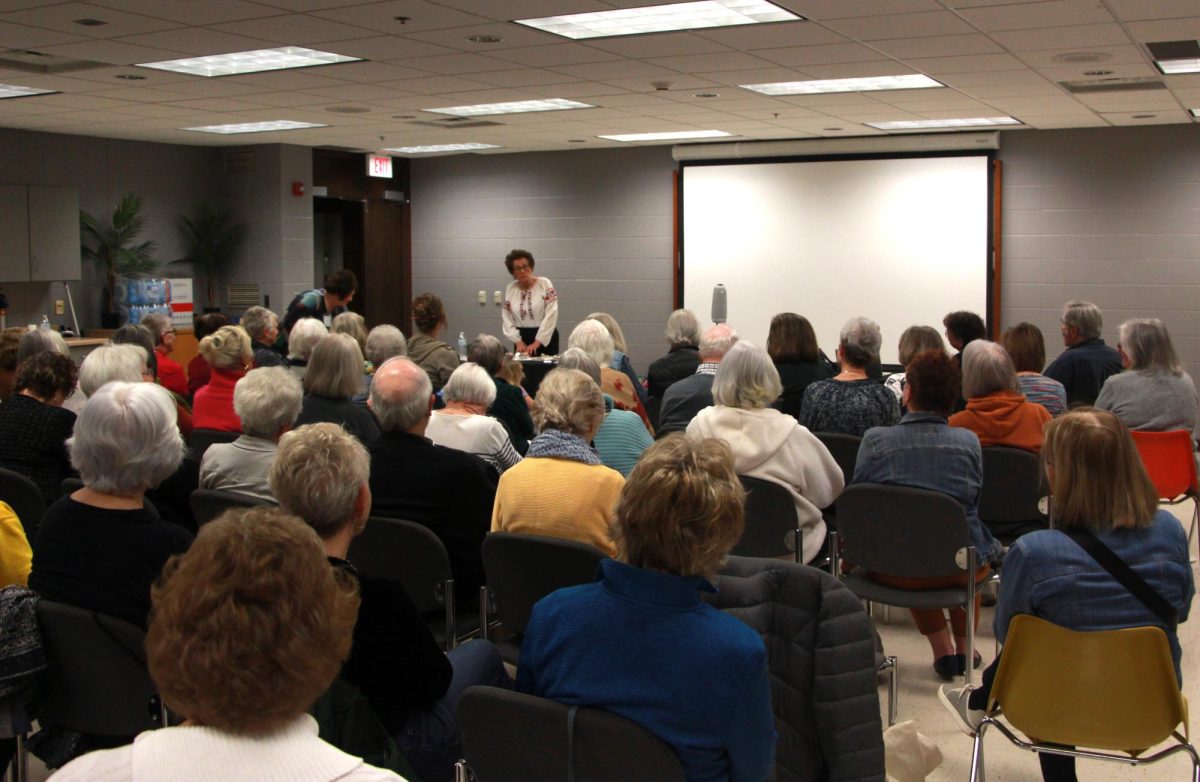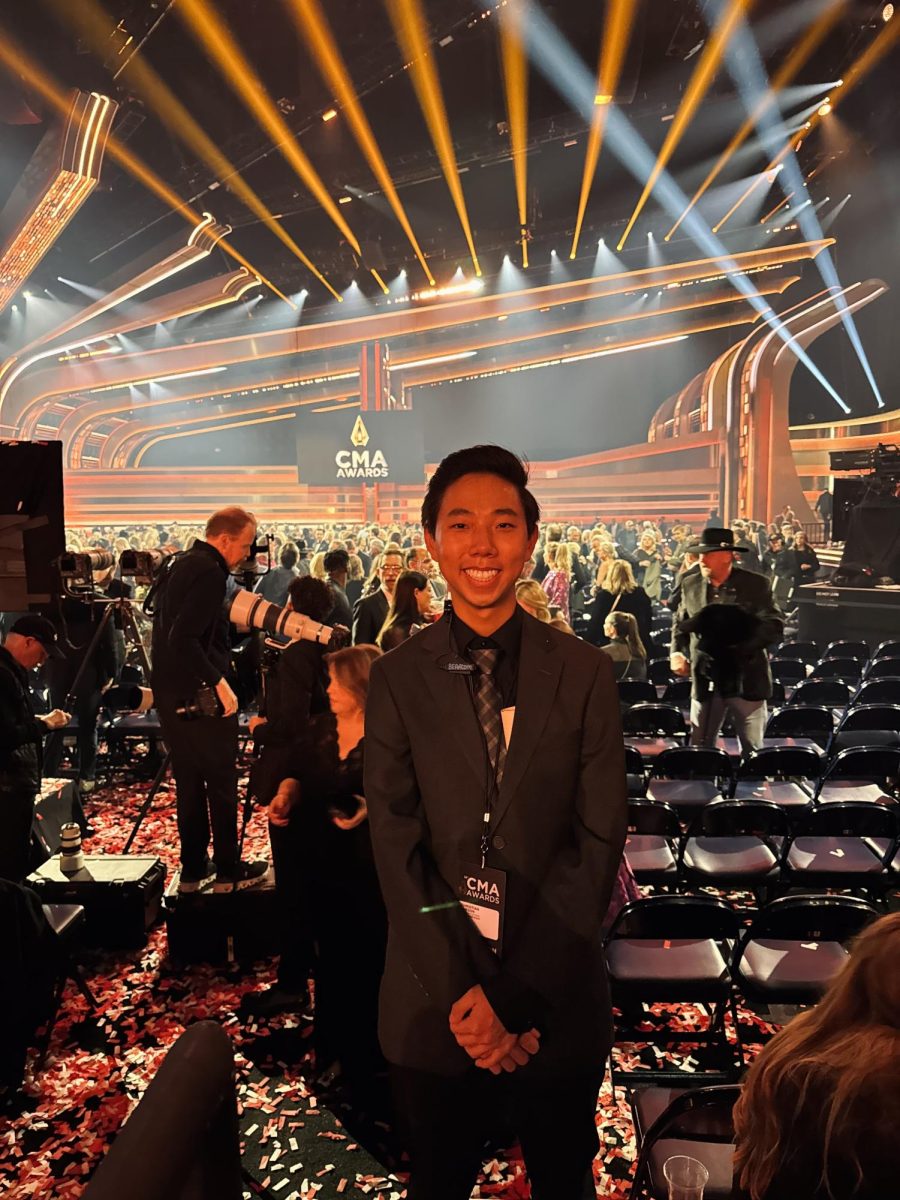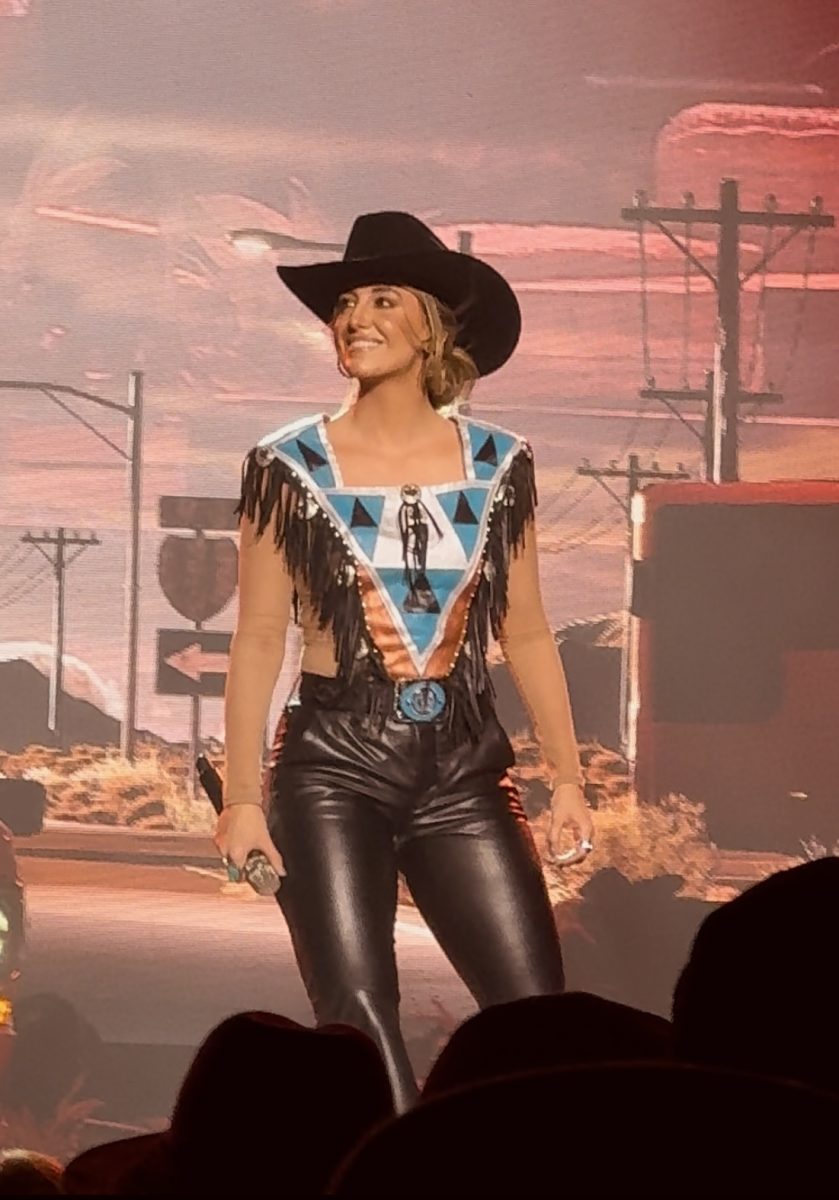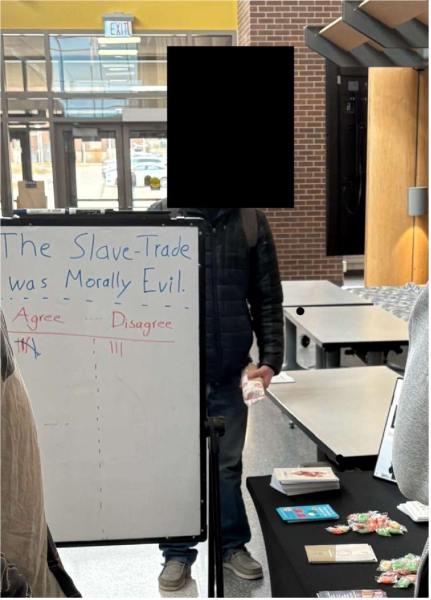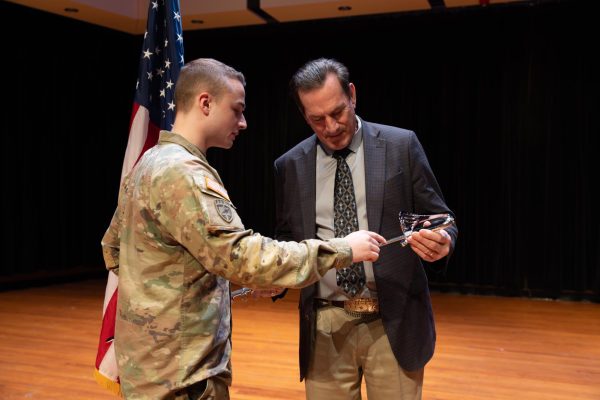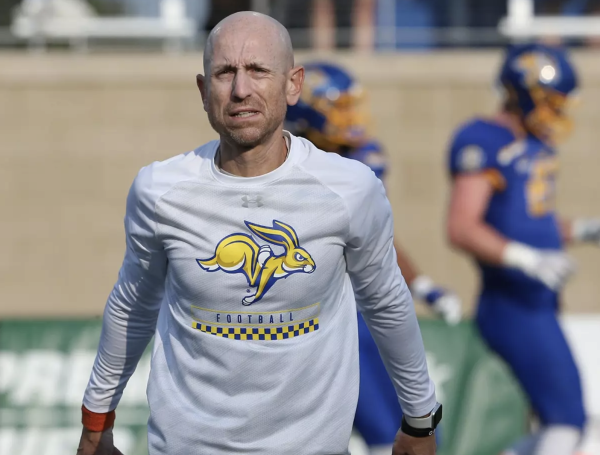Meat science professor honored twice
April 28, 2009
Jamison Lamp
For the past two years, associate professor of meat sciences Amanda Weaver has been spreading her love of agriculture at SDSU.
“I really liked the Animal Science Department and the across-campus understanding of agriculture,” Weaver said.
In February, Weaver was awarded the Dr. Sherwood and Elizabeth Berg Young Scientist Award and more recently, the Agriculture and Biological Sciences Teacher of the Year.
“I was shocked to be picked,” Weaver said. “It was awesome to be considered. I have a lot of face time with students in Intro to Meat Sciences it was nice to see I positively touched students.”
Weaver found her love for teaching during her graduate work at Purdue University.
“I developed a love for teaching,,” Weaver said.
“We work together very closely. We team-teach AS 241, Intro to Meat Siences,” professor Duane Wulf said. “Number one, she is motivated to see students succeed. She always makes time for students.”
Weaver splits teaching and research about 60/40.
“The split here is perfect. It really balances things out,” Weaver said. “I cannot do the same thing all day long.”
Weaver’s research focuses on the tenderness and marketing of meat and livestock.
“My research is focused on the tenderness of meat,” Weaver said. “Consumers rank tenderness as inconsistent. There is not a very good system.”
“She really has the ability to understand the basics and biological mechanisms behind science and can relate to the industry,” Wulf said. “She can talk with meat producers and also with top scientists about muscle and meat.”
Research is currently being done with the University of Missouri.
“We have started to work on predictions with University of Missouri with medical technology that measures density of the muscles,” Weaver said.
Weaver is working on the interactions with the structure of muscles and the aging process of meat.
“Enzymes degrading make meat more tender,” Weaver said.
“Another thing that is researched is the flavor and juicing of the meat,” Weaver said. “Marbling, the fat in the meat, is hard to control. Many think that just feeding more helps, but that is false. Fat in other areas hurts yields.”
Growing up on a small farm in Indiana, Weaver has always had a love for agriculture.
Weaver said that she did a lot of animal showing in 4-H and that her grandfather was a butcher.
Entering higher education, Weaver was unsure as to what her major would be.
“I had ruled out vet school. Enough local vets had told me they didn’t like their job,” Weaver said. “Animal science was the class that just clicked. Everybody has a class that just clicks.”
Weaver received her bachelor’s degree in animal sciences at Purdue University and then went on to a master by-pass program to receive her Ph.D.



